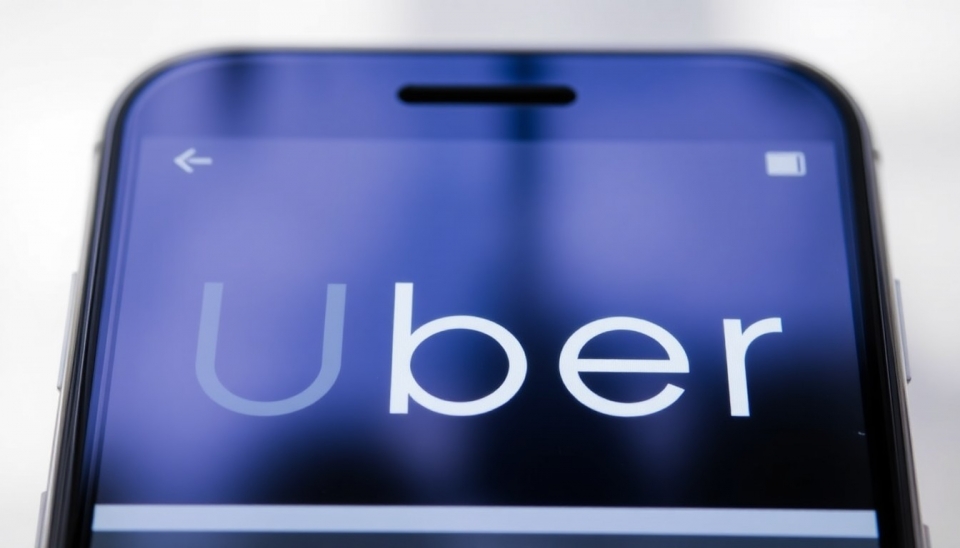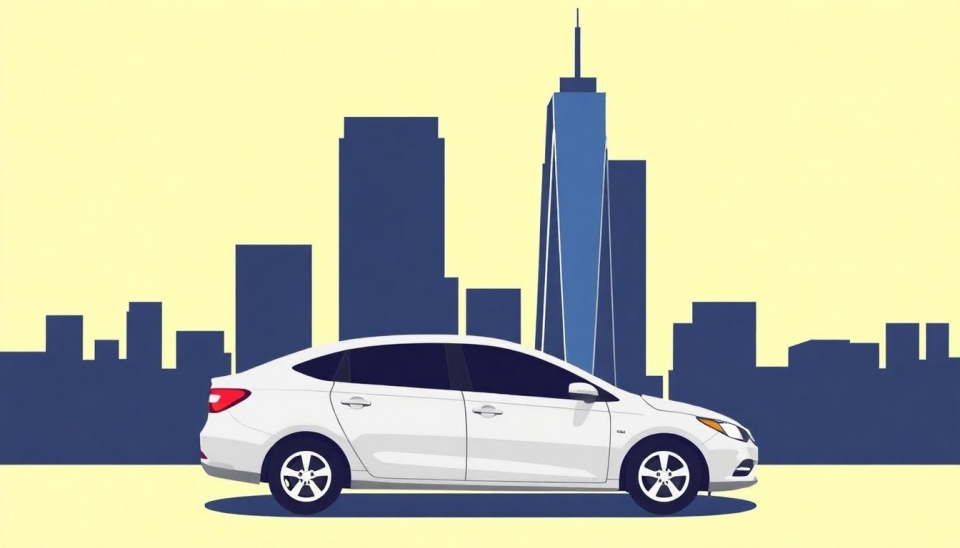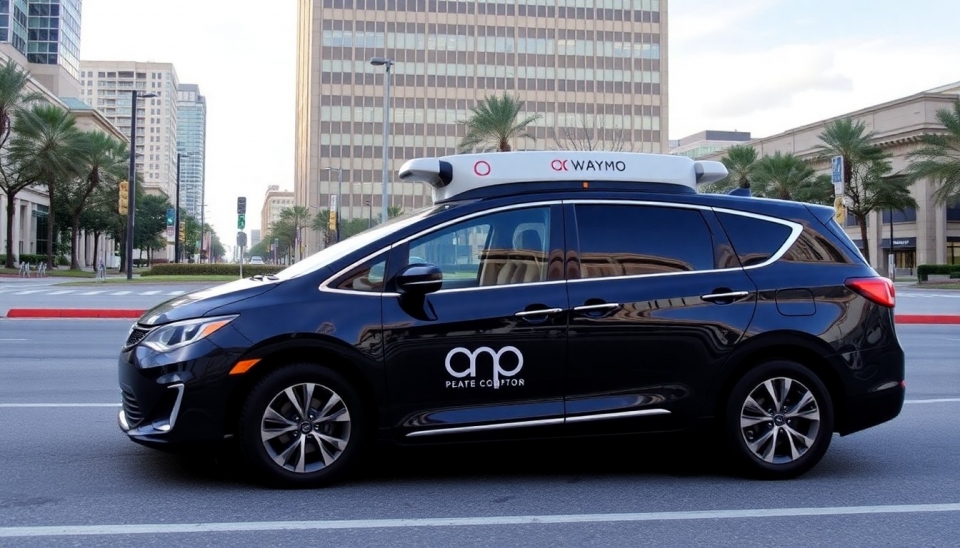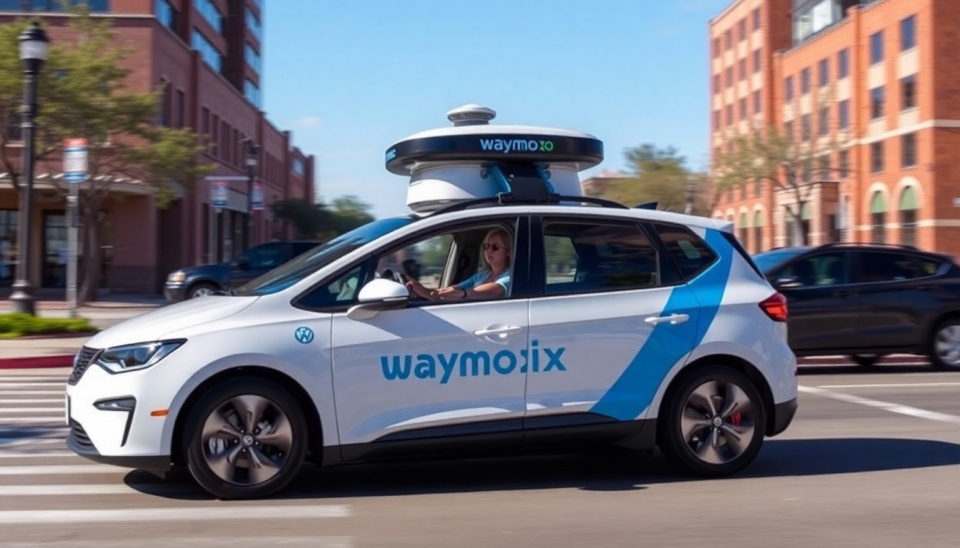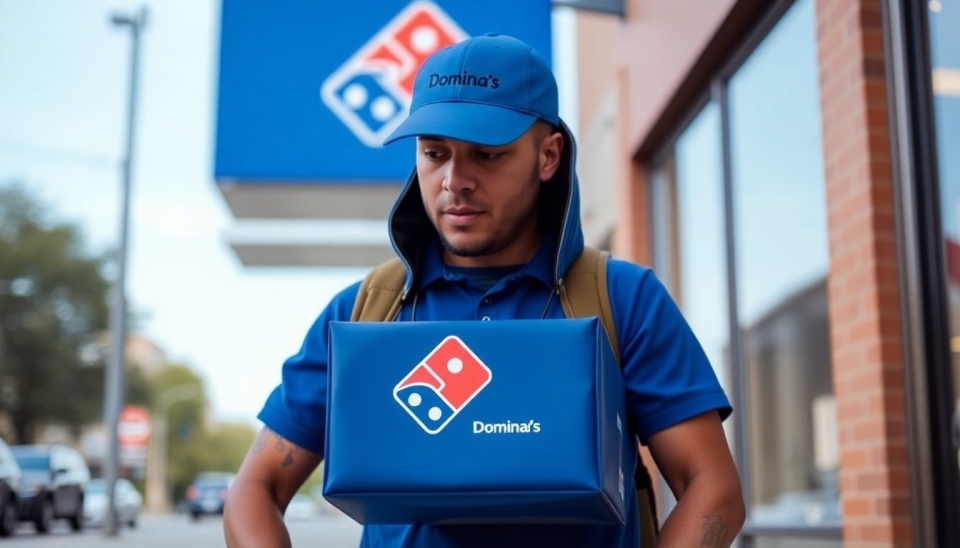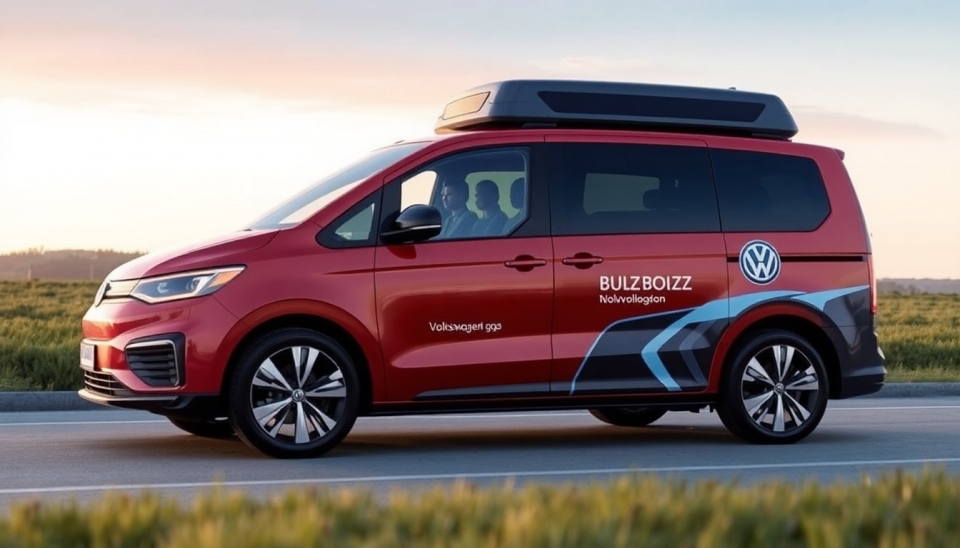
In a groundbreaking move signaling the future of urban transportation, Uber has announced a strategic partnership with automotive giant Volkswagen to roll out autonomous electric vans, specifically the ID. Buzz model. This innovative initiative is set to officially commence in 2026, marking a significant milestone for both companies in the race towards self-driving technology and electric mobility.
The collaboration aims to leverage Volkswagen's advanced electric vehicle (EV) technology combined with Uber's vast ride-hailing platform. The Volkswagen ID. Buzz, a modern reinterpretation of the classic Volkswagen Microbus, has been catching the attention of consumers and industry experts alike with its spacious interior, eco-friendly credentials, and iconic design. The deployment of these vehicles will focus on enhancing passenger experiences in urban settings, ideally positioned to operate in dense city environments where demand for ridesharing continues to grow.
This partnership isn't merely about the vehicles themselves; it's about creating a fully integrated transportation ecosystem that embraces the principles of sustainability and innovation. By utilizing Volkswagen's electric fleet, Uber seeks to reduce its carbon footprint significantly while providing efficient and convenient transport options for users.
Both companies have expressed their enthusiasm for the partnership, highlighting the potential impact it could have on the future of mobility. Volkswagen's commitment to electrification has been robust, and integrating their EVs into Uber's network could fundamentally alter how individuals interact with transportation services. The ID. Buzz is not just a vehicle; it symbolizes a shift towards a greener future where autonomous technology plays a pivotal role in our daily lives.
Uber's Chief Product Officer, Aparna Dhinakaran, stated, "This exciting partnership with Volkswagen showcases our dedication to revolutionizing urban transportation. The ID. Buzz is the perfect fit for our vision, blending functionality with sustainability." Meanwhile, Volkswagen's head of sales and marketing, Klaus Zellmer, noted, "We are thrilled to join forces with Uber to actualize our vision of electric mobility, particularly in the realm of shared autonomous transport." This collaboration is expected to yield a fleet of ID. Buzz vans capable of navigating urban landscapes without human intervention, regardless of weather conditions or time of day.
Preparations for the rollout are already underway, with both companies investing heavily in research and development to optimize the technology behind the autonomous vehicles. Pilots and tests are expected to commence soon, allowing them to refine operational efficiencies and enhance safety protocols essential for self-driving vehicles.
Furthermore, this initiative aligns perfectly with global trends towards electrification and sustainability, especially amid increasing calls for reducing transportation emissions. Stakeholders in the industry are keenly observing how this partnership may set a precedent for future alliances between tech companies and automobile manufacturers.
In a world that's rapidly evolving towards automation and sustainable practices, the Uber-Volkswagen partnership not only signifies an important development in ride-sharing and autonomous vehicles but also highlights the role that such innovations will play in shaping the future of transportation.
As 2026 approaches, both consumers and industry experts will be watching closely, eager to see how this collaboration materializes and what it means for mobility in the years to come.
#Uber #Volkswagen #IDBuzz #AutonomousVehicles #ElectricMobility #RideSharing #UrbanTransport #Sustainability #FutureOfTransport
Author: Liam Carter
